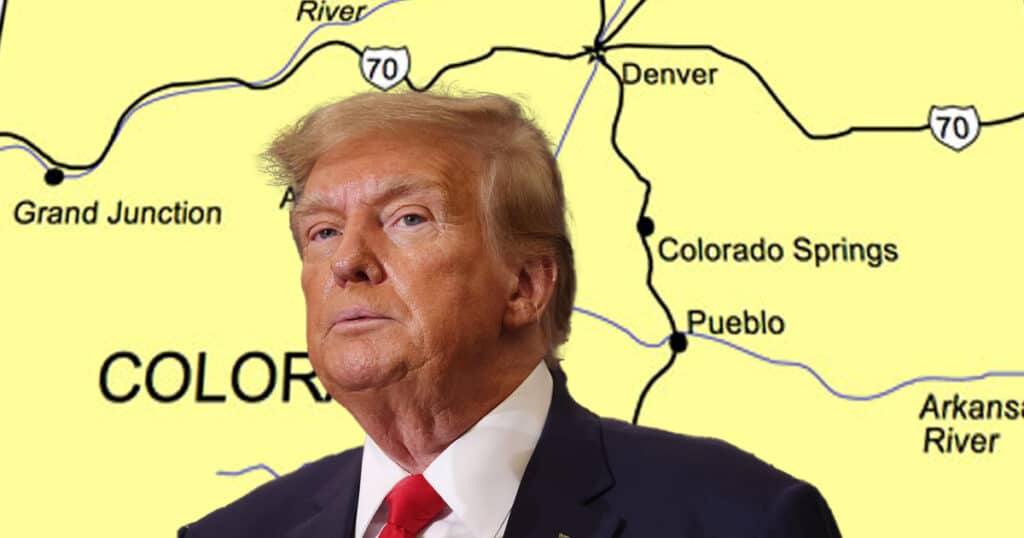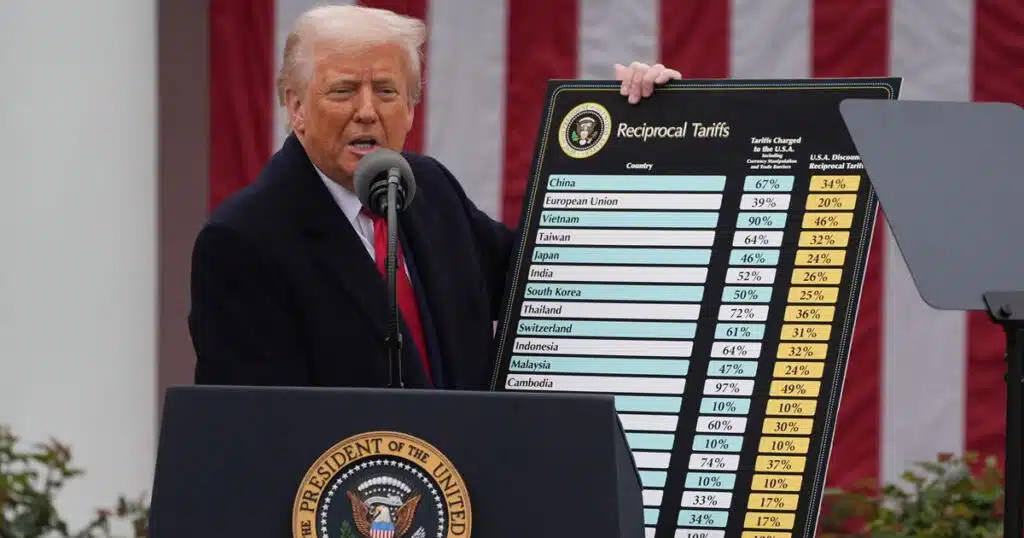
Why Colorado, et al, will lose in the Supreme Court
For those in support of Colorado and other states’ efforts to remove former President Trump from the ballot, I’ve got some bad news. It will be overruled, likely unanimously, by the Supreme Court of the United States (SCOTUS). In fact, the SCOTUS has already ruled on every question at hand.
On December 20, 2023, the Colorado Supreme Court declared former President Trump “disqualified from holding the office of the President under Section Three of the 14th Amendment of the US Constitution” because he “engaged in insurrection on January 6, 2021.”
First, the Amendments do not grant any powers to the government; it details restrictions on the government. Those restrictions are not just for the federal government but for state and local. No laws passed by any level can conflict with the U.S. Constitution.
Second, all federal, state, and local representatives and appointed officers swear an oath to the US Constitution, which means they will uphold these restrictions and protect the liberties of the citizens. It is literally the one thing they swear an oath to do.
Third, SCOTUS’ only authority lies in the Constitution. It does not “interpret”; it determines if the matter at hand applies and if it conflicts with the Constitution. Any law passed at the federal, state, or local government levels must not be in conflict with the Constitution as written.
The great Justice Antonin Scalia had one of the best explanations concerning the Constitution. “The Constitution says what it says, and it doesn’t say anything more. If the words can be interpreted beyond that, you’re allowing five out of nine hotshot lawyers to run the country.”
States’ roles in federal elections are set forth in the Constitution under Article I, Section 4, Clause 1, which limits them to“The Times, Places and Manner of holding Elections for Senators and Representatives, shall be prescribed in each State by the Legislature thereof; but the Congress may at any time by Law make or alter such Regulations, except as to the Places of chusing Senators.”[i]
While the aforementioned article refers to elections for Senators and Representatives, SCOTUS affirmed the states’ role is limited to the “Time, Places, and Manner.” In 1995, Inc. v Thornton dealt with the prohibition of an otherwise eligible candidate for Congress from appearing on the general ballot in the state of Arkansas.
Justice Andrew Stevens delivered the opinion that rejected the opinion of the State of Arkansas to restrict a candidate from appearing on the ballot, stating “such a state-imposed restriction is contrary to the “fundamental principle of our representative democracy,” embodied in the Constitution, that “the people should choose whom they please to govern them.”
Section Three of the 14th Amendment states, “No person shall be a Senator or Representative in Congress, or elector of President and Vice-President, or hold any office, civil or military, under the United States, or under any State, who, having previously taken an oath, as a member of Congress, or as an officer of the United States, or as a member of any State legislature, or as an executive or judicial officer of any State, to support the Constitution of the United States, shall have engaged in insurrection or rebellion against the same, or given aid or comfort to the enemies thereof.”
The offices of President and Vice President are not mentioned, only the “electors.”
Some “Constitutional Scholars” assert the President is included in the category of “officer of the United States.” This assertion has already been asked and answered by SCOTUS.
In “Free Enterprise Fund v. Public Company Accounting Oversight Bd., 561 U.S. 477”, SCOTUS addressed the definition of “officers.” In the majority opinion, Chief Justice John Roberts cited that Article II vests the executive Power in a President of the United States of America, who must take Care that the Laws be faithfully executed, and the Constitution provides for executive “officers” to assist in discharging the duties of his trust.
Under the “Appointments Clause”, Article II, Section 2, Clause 2, officers are appointed by the President with the advice and consent of the Senate. The President and Vice President are not appointed; they are elected and thus are not “officers” under Article Three of the 14th Amendment.
A final hurdle for the states is the claim that former President Trump engaged in “insurrection.” The hurdle is that neither former President Trump nor anyone charged concerning alleged actions on January 6, 2021, has been charged nor even convicted on the charge of “insurrection.”
This allegation by the states violates the “Due Process Clause” of the U.S. Constitution found under the 5th and 14th Amendments. Due process under these Amendments can be broken down into two categories: procedural due process and substantive due process.
Procedural addresses the legal procedures required to be followed. You must be charged and convicted of a violation of law before being sentenced or penalized, which is articulated in the 5th Amendment.
The substantive process deals with “fundamental fairness,” which addresses whether a law can be applied. Can you be penalized under the U.S. Constitution for crimes you have not been convicted of? The answer is No.
SCOTUS will find the attempts by the states to remove former President Trump from the ballot are unconstitutional. Will our own elected representatives hold the states accountable, or will we as citizens hold our elected representatives accountable for violating the oath they swore?
Chris Hinkle is a retired FBI Supervisory Special Agent with almost 25 years as a Federal Agent. He led the FBI Civil Rights Program while based in Mississippi and is recognized for his knowledge and experience on Constitutional Liberties.



